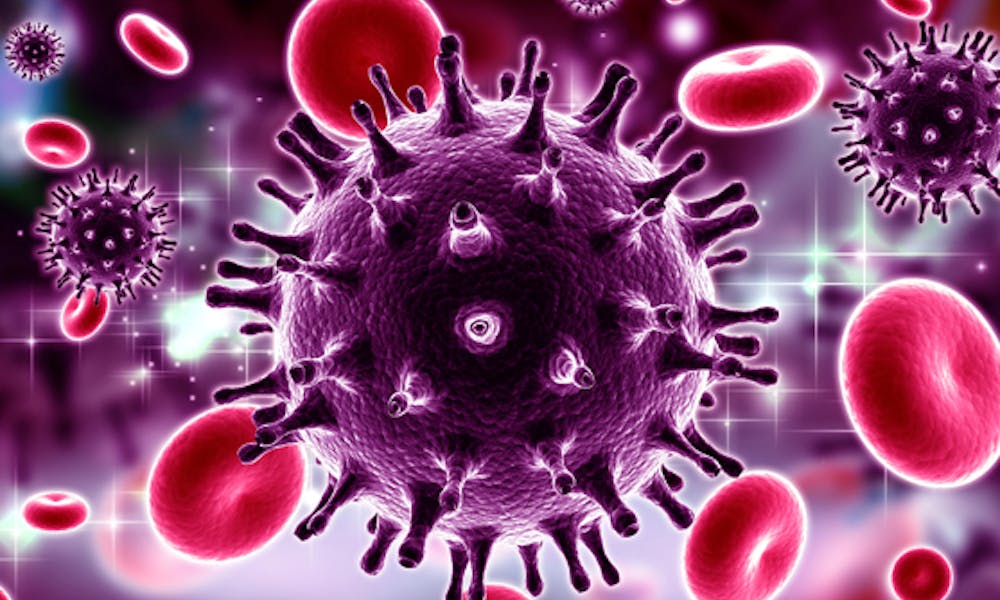HIV infection is a chronic condition that remains a major global health problem, with an estimated 38 million people world-wide living with the disease.

But a global study – with one of the 20 sites at the RMH – is hoping to revolutionise the standard of care for HIV patients, paving the way for a potential cure to the disease.
Currently, the most effective treatment for HIV is antiretroviral therapy (ART), which involves taking a combination of antiretroviral medicines every day to slow down the rate of HIV multiplication.
This treatment provides the immune system with an opportunity to recover and reduce the viral load in the body, however it cannot cure HIV.
This latest study is focused on the role of PD1 inhibitors, and the role they play in reversing the immune exhaustion of HIV.
PD1 inhibitors are drugs which are commonly used for cancer treatments, with evidence suggesting that they could also play a key role in fighting HIV.
Associate Professor Joe Sasadeusz is an infectious diseases specialist at the RMH, and explained more about the study and its potential to shape future cure strategies for the disease.
“The current issue is that we can’t cure HIV, because it’s hidden in latently infected cells which aren’t replicated,” A/Prof Sasadeusz said.
“By using PD1 inhibitors, we can look to reverse this latency and get the immune system to attack the virus, effectively waking up the immune system with this two-pronged approach.”
Eligible patients who are being treated for HIV are being encouraged to enrol in the study, which will involve participants receiving four doses of anti-cancer drugs over an eight week period.
The dosages will be far lower than those used in the treatment of various cancers, providing valuable insights into the effectiveness of PD1 inhibitors.
“When the first dose is given, the patient will stop their HIV treatment and what we’re hoping to do is delay and prevent the viral rebound of that HIV,” A/Prof Sasadeusz said.
“Patients will be carefully monitored for 12 weeks, and if they reach a certain viral threshold they will automatically go back on their HIV treatment. So, they’ll be very carefully observed over that period of time to ensure there will be no impairment to their overall care.
“If they still haven’t achieved that viral level after 12 weeks, they can go up to another 24 weeks, just to see if that durable remission is maintained.”
For more information about this study, please contact Jo Patterson on (03) 9342 2181.

We provide a media service from 6am to 9pm each day. Journalists are welcome to contact our media adviser on-call via the RMH Switchboard on (03) 9342 7000.
During business hours, journalists can email mh-communications@mh.org.au. We do not respond to emails outside business hours.

